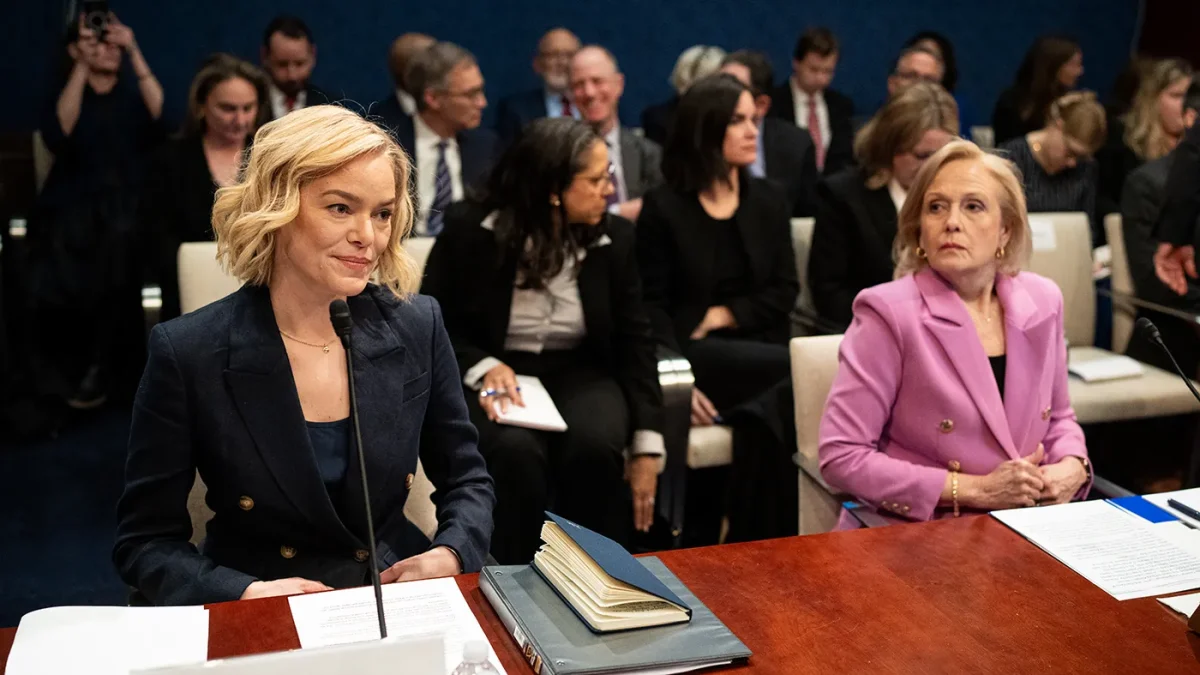The world faces a tireless challenge in the form of inadequate education systems. These systems, characterized by outdated curricula, insufficient resources, and unequal access, fail to equip students with the skills and knowledge necessary for success in the 21st century. A flawed education not only hinders individual potential but also hinders societal progress, leading to economic stagnation and increased social inequality. Recognizing the critical need for reform is the first step toward building a brighter future for all.
One of the primary issues plaguing bad education systems is an over-reliance on rote memorization and standardized testing. This approach stifles critical thinking, creativity, and problem-solving skills, all of which are essential for navigating an increasingly complex world. Students are often taught what to think rather than how to think, leaving them ill-prepared to adapt to new situations and challenges. Furthermore, standardized tests often fail to accurately measure a student’s true potential, leading to misallocation of resources and unfair assessments.
Inequitable distribution of resources further exacerbates the problems within failing education systems. Schools in disadvantaged communities often lack funding for essential resources such as textbooks, technology, and qualified teachers. This disparity creates a cycle of poverty and limits opportunities for students from marginalized backgrounds. Addressing this inequity requires a commitment to equitable funding models and targeted interventions to support schools and students most in need.
The quality of teachers is paramount to the success of any education system. However, many struggling systems suffer from a shortage of qualified and motivated educators. This can be attributed to low salaries, lack of professional development opportunities, and inadequate support from administrators. Investing in teacher training, providing competitive compensation, and creating a supportive work environment are crucial steps in attracting and retaining talented educators.
In conclusion, bad education systems pose a significant threat to individual and societal well-being. By shifting away from rote memorization, addressing resource inequities, and investing in teacher quality, we can create education systems that empower students to reach their full potential and contribute to a more just and prosperous world. The future depends on our collective commitment to transforming education for the better.


